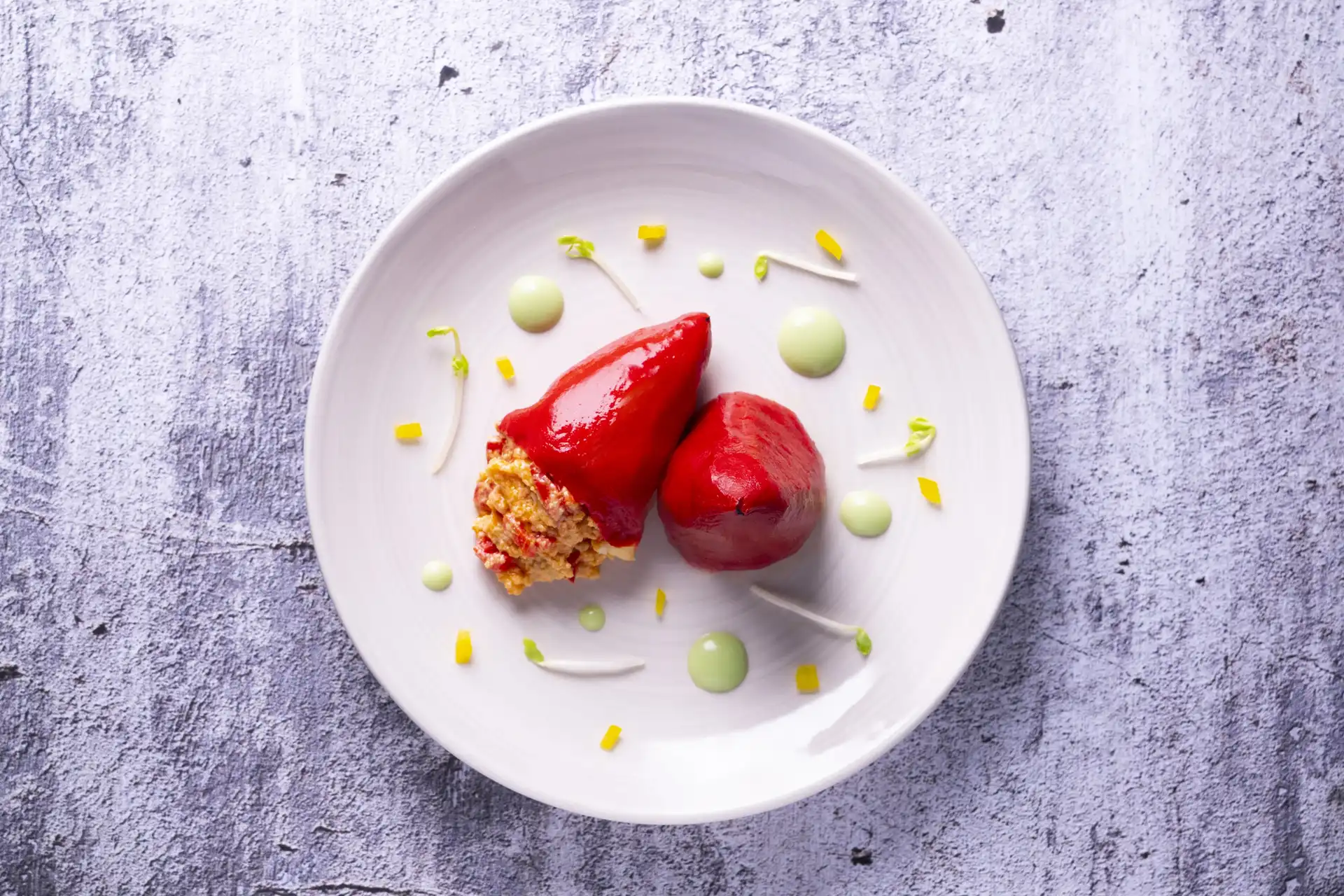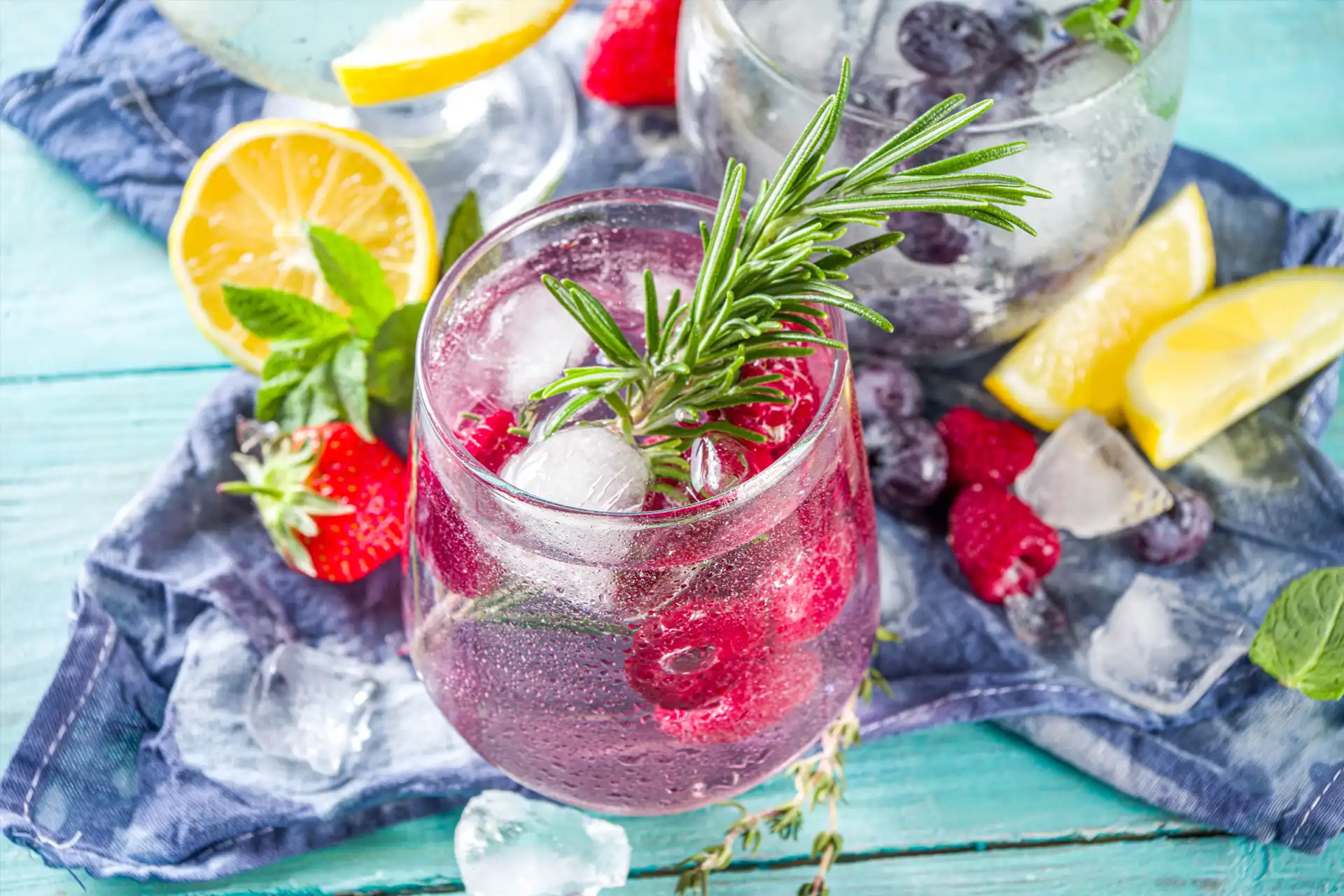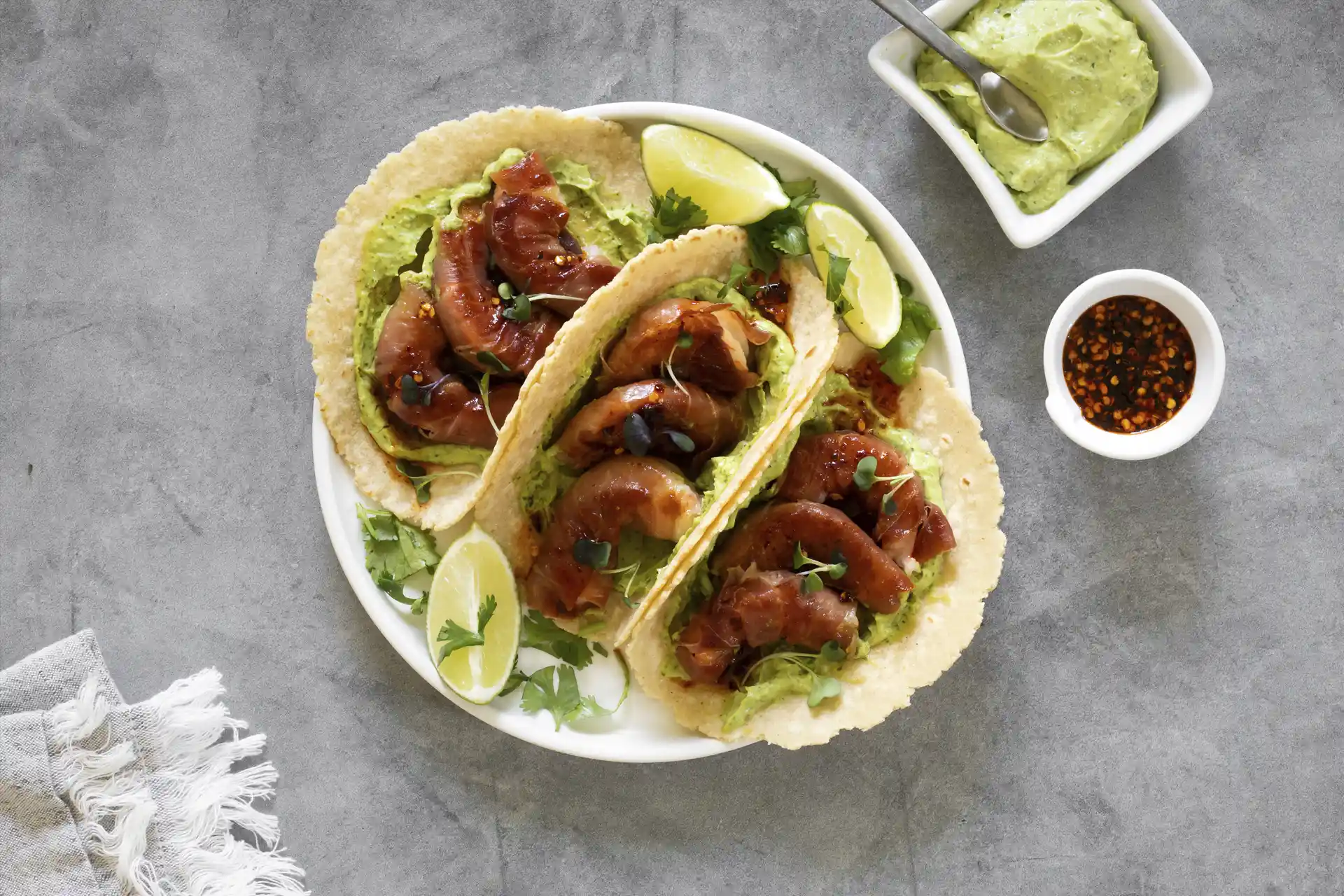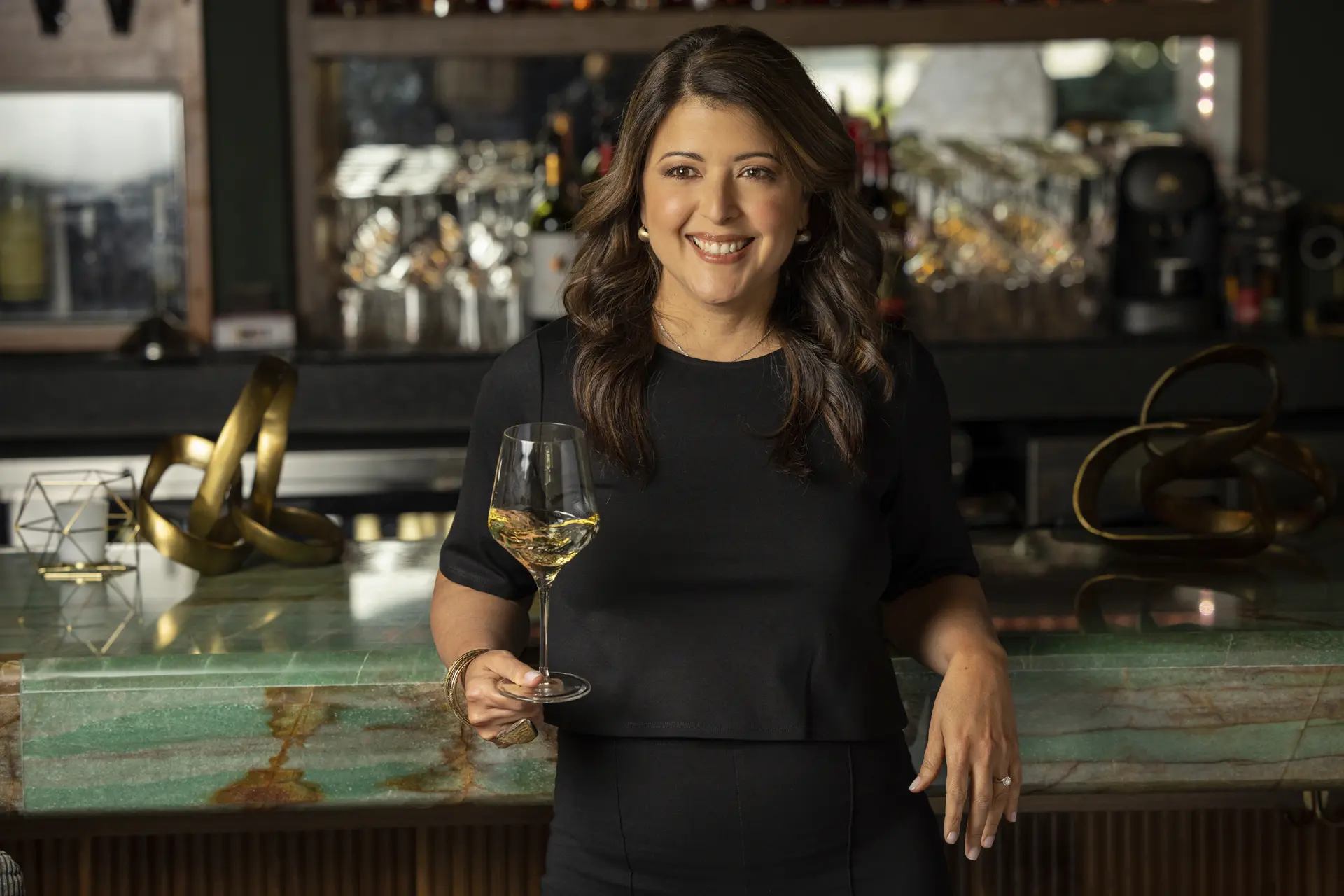Just saying the name makes my mouth water. You don’t need to be Spanish to fall in love with this delicate treasure that shines in so many ways: in salads, gazpacho, vinaigrettes, red sauces, soups, mousses, stews, as tapas, in the traditional pintxo with tortilla or anchovies, or in one of the most typical ways to enjoy them—stuffed with tuna, crab, cod, or even ground meat.
The piquillo pepper is native to Navarra, a region in northern Spain, just east of the Basque Country, world-famous for its San Fermín festival, its highly regarded Denominación de Origen wines, and as the birthplace of the popular Roncal cheese.
Piquillos are small peppers, about 2 to 4 inches long, triangular in shape, thin-fleshed, and a deep red color that is simply irresistible. Raw, they’re not as appealing, which is why in Navarra they developed a special preserving method that turned them into a true delicacy, even protected by their own Denominación de Origen—D.O. Piquillo de Lodosa—with international recognition.
The unique flavor of Lodosa piquillos comes from a careful, artisanal process that transforms them into a sweet, unforgettable bite few can resist. They’re harvested by hand, washed with water, roasted over a direct flame in wood-fired ovens, then cored, peeled, and seeded. The secret of Piquillo de Lodosa is that it’s the only pepper peeled entirely by hand—never washed in water or chemical solutions—so it retains its aroma and natural flavor intact.
And after such an artisanal ritual, how could you resist? Talking about piquillos immediately makes me hungry and reminds me of the many recipes where I’ve used them. Try them in my DOP Greek Feta & Piquillo Dip, or in my Latin-inspired version of piquillos stuffed with ground beef and fried sweet plantain (yes, a delicious little bomb). These bright red jewels from Navarra can easily become the stars of your table.
A true gem of Spanish gastronomy, and luckily one we can now easily find in the canned goods section of most supermarkets. You’ll see them in tins or glass jars, with several brands available, and even some grown outside Spain in places like the U.S. or Italy. But if they come from Spain—and especially if they carry the D.O. Lodosa, Navarra seal—you’ll know you’re buying the most authentic, and of course, the very best.





